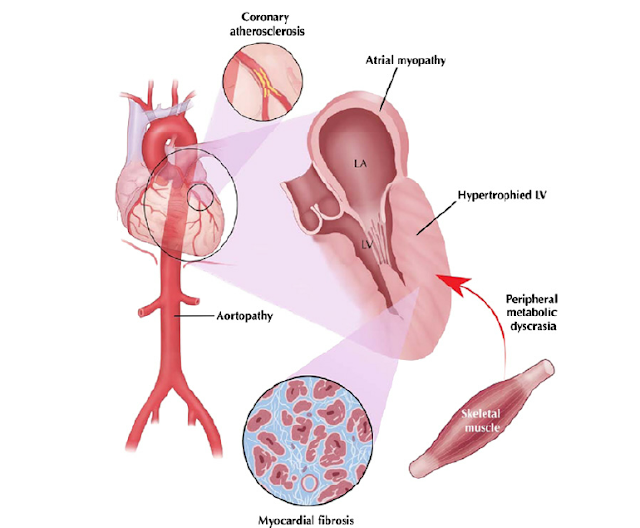Benefits of Total Arterial CABG compared to traditional CABG?
Total Arterial Coronary Artery Bypass Grafting (CABG) offers several potential benefits compared to traditional CABG procedures, which typically involve using a combination of arterial and venous grafts. Some of the key benefits of Total Arterial CABG include: Improved Long-Term Graft Patency: Arterial grafts, such as the internal mammary artery (IMA) and radial artery, have been shown to have superior long-term patency rates compared to vein grafts. This means that arterial grafts are less likely to become blocked or narrow over time, reducing the need for repeat revascularization procedures. Reduced Risk of Graft Failure: Total Arterial CABG may lower the risk of graft failure compared to traditional CABG procedures, as arterial grafts tend to be more resistant to atherosclerosis and have better endothelial function. Better Outcomes for Multi-Vessel Disease: Total Arterial CABG may be particularly beneficial for patients with multi-vessel coronary artery disease (CAD). By ...
.png)

